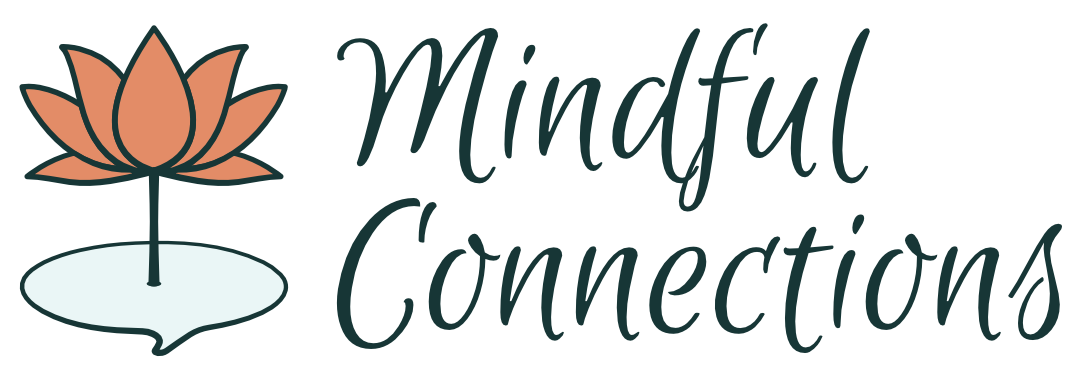How do you choose a therapist?
So you’ve finally decided after months of agony that it’s time to get into therapy. With so many options out there, how do you narrow it down? Especially right now with so many therapists starting practices, it can be overwhelming trying to figure it out. I’ve come up with a few strategies that I hope can help you.
What do you value?
Take a moment before you read on to think about what matters to you most in your life. You can use the following questions as a guide:
How do you spend your free time?
What issues really get under your skin?
What causes you to stress and worry?
When do you feel your happiest?
It’s important to have an idea of your values because they play a role in how you choose a therapist. For example, if you really stress and worry about meeting new people, then you’re going to want to find a therapist that has content you can research. Or if you find technology really frustrating to use, then you’re going to do better with a therapist that offers in person appointments, and so on.
Here are some common values that I’ve come up with to assist you. While all these things might be important to you, try to narrow it down to just one. It will help you be more decisive about your criteria.
Money
One of the first things that come up for people when they think about seeking therapy is the cost. Luckily most insurance plans cover mental health, but that doesn’t always mean it’s going to be 100% covered with no cost to you. Sometimes insurance plans have high deductibles and co pays, making it an added expense. It can be difficult to get past the financial worries and you might find yourself questioning whether it’s worth the cost.
But don’t let this stop you from investing in it. Try to think of it more as an investment into a better quality of life. Therapy allows you to discover things about yourself and make choices about how you respond to the stress in your life. How much is more peace in your life worth to you?
Time
What about your time? If you’re a person who values your free time over everything else, then you might be better off finding a treatment program that is time limited. This could be through an Employee Assistance Program, a therapy workshop, or intensive counseling where you meet with your therapist several times a week for a short period of time to work through a specific problem.
On the opposite end, maybe you value taking your time with things and just want someone to vent to. If this is what you’re looking for, then you are going to want to find someone in a private practice setting. Your insurance doesn’t always cover this type of therapy, so you might have to pay out of pocket, but you also have more flexibility in your treatment. There’s often less paperwork, less of an agenda, and more time to openly explore.
Professional Experience
Another thing to think about is area of expertise when finding a therapist, If you are a person who values education and experience, then you will want to consider finding someone who has narrowed down their areas of expertise. When therapists narrow down their selection criteria, they often are more experienced with that specific issue and genuinely enjoy working with it. I work best with adults and am not afraid to admit that I am not very good at working with children, so my areas of expertise reflect that.
Shared Experience
There is nothing wrong with using factors like your therapist’s race, gender, orientation, or age to narrow down the search. There are just some experiences that you might not feel comfortable talking about unless you feel that your therapist can relate to it. But beyond this, shared experiences can also mean their hobbies, interests and values. Although a therapist needs to keep some information private to keep the boundary clear between therapist and client, most therapists are comfortable sharing a little about their personal lives.

